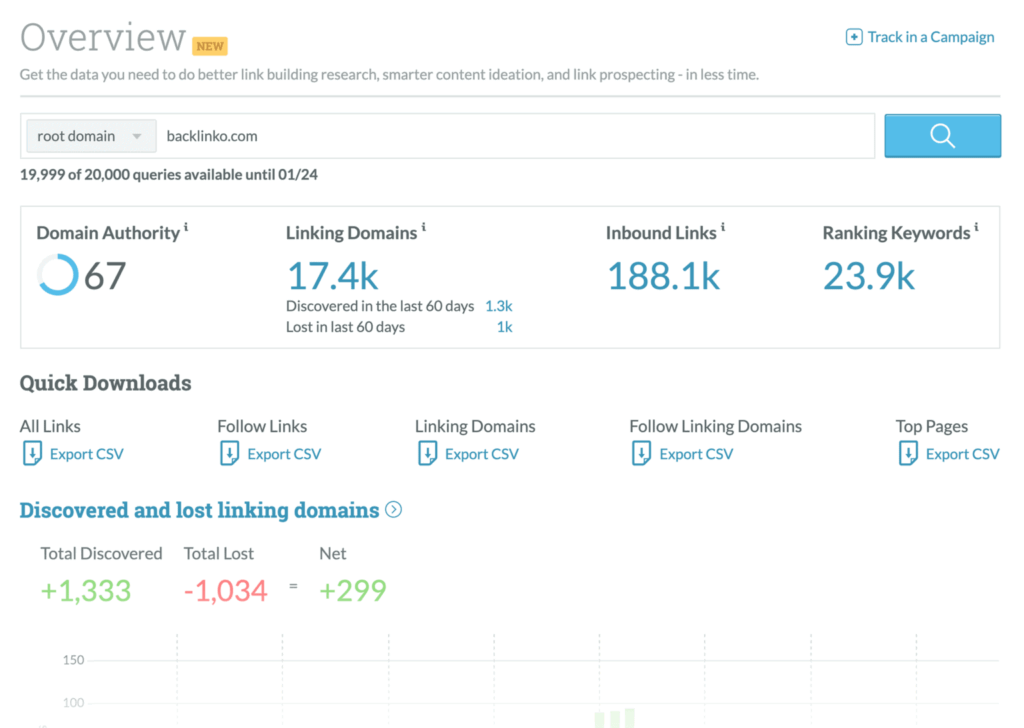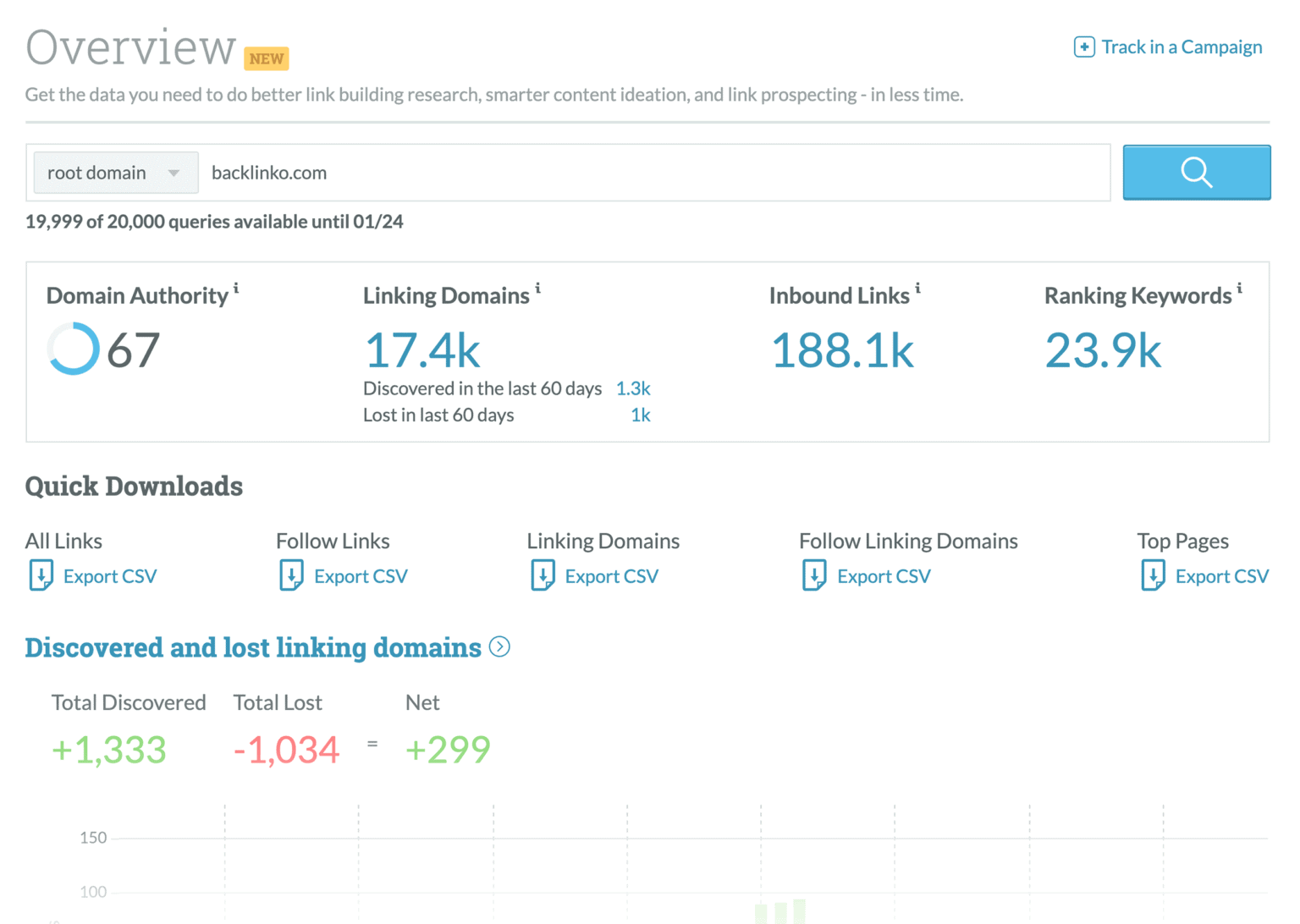
Decoding Moz Pro: How Long to See Your Keyword Data?
Patience is a virtue, especially in the world of SEO. You’ve invested in Moz Pro, eager to unlock its powerful keyword tracking and analysis capabilities. But, you’re likely wondering: how long does it take Moz Pro to pull in keyword data? The answer, as with many things SEO, isn’t a simple one-size-fits-all. It depends on several factors, from the age and authority of your website to the specific keywords you’re tracking and the crawl frequency. This comprehensive guide dives deep into the timeline, the influencing factors, and how to optimize the process to get the data you need, faster. We’ll also explore some common pitfalls and troubleshooting tips to ensure you’re leveraging Moz Pro to its fullest potential.
Understanding Moz Pro’s Keyword Tracking: A Deep Dive
Moz Pro is a leading SEO software suite designed to help businesses improve their search engine rankings. One of its most valuable features is its keyword tracking capability, allowing users to monitor the performance of specific keywords over time. This involves Moz’s crawlers indexing web pages and ranking them based on the keywords found on those pages. The process of gathering and processing this data takes time, and understanding the underlying mechanisms is crucial for setting realistic expectations.
The data that Moz Pro provides is critical for several reasons. First, it allows you to see how your website is performing for specific keywords. This information can be used to identify areas where you need to improve your SEO. Second, it can help you track the performance of your competitors. This information can be used to identify opportunities to outrank your competitors. Finally, it can help you track the overall health of your website. This information can be used to identify and fix any problems that may be affecting your SEO.
The Crawling Process: How Moz Gathers Data
Moz uses web crawlers, often called spiders, to explore the internet and gather information about websites. These crawlers follow links from one page to another, indexing the content they find. When you add keywords to track in Moz Pro, the crawlers prioritize indexing pages relevant to those keywords. However, the speed at which they crawl your site and gather the necessary data depends on various factors, including crawl budget and website architecture.
Moz’s crawlers are designed to be respectful of website resources, so they don’t overload servers with requests. This means that the crawling process can take time, especially for large websites with many pages. It’s also important to note that Moz doesn’t crawl the entire internet every day. Instead, it prioritizes crawling pages that are likely to have changed or that are relevant to its users’ tracking keywords.
Data Processing and Indexing
Once the crawlers have gathered data, it needs to be processed and indexed. This involves analyzing the content of each page and extracting relevant information, such as keywords, links, and meta descriptions. This information is then stored in Moz’s database, where it can be accessed by users through the Moz Pro interface. The processing and indexing process can take time, especially for large websites with many pages.
Moz’s data processing and indexing algorithms are constantly evolving to keep up with the ever-changing landscape of the internet. This means that the time it takes to process and index data can vary depending on the complexity of the website and the keywords being tracked.
Factors Influencing Data Pull-In Time in Moz Pro
Several factors influence the time it takes for Moz Pro to collect and display keyword data. Understanding these factors can help you manage your expectations and optimize your setup for faster results.
- Website Authority and Age: Established websites with strong domain authority are typically crawled more frequently than newer, less authoritative sites. This is because Moz prioritizes crawling sites that are more likely to provide valuable and relevant information.
- Crawl Budget: Every website has a crawl budget, which is the number of pages that search engine crawlers will index within a given timeframe. If your site has a limited crawl budget, it may take longer for Moz to gather data for all your tracked keywords.
- Number of Tracked Keywords: Tracking a large number of keywords can increase the time it takes for Moz to collect and display data. This is because Moz needs to crawl and analyze more pages to gather the necessary information.
- Keyword Difficulty: Highly competitive keywords may take longer to track, as Moz needs to analyze more search results pages to determine accurate rankings.
- Website Architecture and Internal Linking: A well-structured website with clear internal linking makes it easier for crawlers to navigate and index your content. This can speed up the data collection process.
- Update Frequency of Your Website: If you are constantly updating your website with new content, Moz will need to crawl your website more frequently to keep its data up-to-date.
Typical Timelines: What to Expect
While the exact timeframe varies, here’s a general idea of what you can expect when tracking keywords with Moz Pro. Keep in mind that these are estimates, and your actual experience may differ.
- Initial Data Population: After adding keywords to your campaign, it typically takes 1-7 days for Moz to gather initial ranking data. This is the time it takes for Moz to crawl the search results pages for your tracked keywords and index your website’s position.
- Daily Rank Updates: Moz Pro provides daily rank updates, but these updates reflect the data collected during the previous 24-hour period. So, changes you make to your website may not be reflected in Moz Pro until the next day.
- On-Demand Crawls: Moz Pro allows you to perform on-demand crawls of specific pages. This can be useful for quickly updating data after making changes to your website. However, on-demand crawls can take time, especially for large websites.
It’s important to regularly check your Moz Pro dashboard to monitor the progress of your keyword tracking. If you’re not seeing data after a week, you should investigate potential issues, such as incorrect keyword settings or crawl errors.
Optimizing Your Moz Pro Setup for Faster Data Retrieval
While you can’t directly control Moz’s crawling speed, you can optimize your website and Moz Pro setup to encourage faster data retrieval.
- Verify Your Website in Moz Pro: Verifying your website ensures that Moz has accurate information about your site and can crawl it effectively.
- Submit Your Sitemap to Moz: Submitting your sitemap provides Moz with a roadmap of your website, making it easier for crawlers to discover and index your content.
- Prioritize High-Value Keywords: Focus on tracking the keywords that are most important to your business. This will help Moz prioritize crawling and data collection for those keywords.
- Monitor Crawl Errors: Regularly check your Moz Pro dashboard for crawl errors. Addressing these errors can improve your website’s crawlability and speed up data retrieval.
- Ensure a Clean Website Structure: A well-organized website with clear navigation helps Moz’s crawlers efficiently index your content.
- Build High-Quality Backlinks: Backlinks from reputable websites signal to Moz that your site is authoritative and worth crawling frequently.
Troubleshooting Common Issues and Delays
Sometimes, despite your best efforts, you may experience delays in data retrieval or encounter other issues with Moz Pro’s keyword tracking. Here are some common problems and how to troubleshoot them:
- No Data Appearing: If you’re not seeing any data for your tracked keywords after a week, double-check your keyword settings to ensure they are accurate. Also, verify that your website is properly verified in Moz Pro.
- Inaccurate Ranking Data: Ranking data can be inaccurate if Moz is not able to properly crawl and index your website. This can be caused by crawl errors, website architecture issues, or a limited crawl budget.
- Data Discrepancies: You may notice discrepancies between Moz Pro’s ranking data and the data you see in Google Search Console or other SEO tools. This is normal, as different tools use different crawling methods and data sources.
- Slow Data Updates: If you’re experiencing slow data updates, try optimizing your website for crawlability and submitting your sitemap to Moz. You can also try increasing your crawl frequency in Moz Pro’s settings.
Moz Pro Features: Beyond Keyword Data Tracking
While understanding how long it takes for keyword data to populate is crucial, it’s important to remember that Moz Pro offers a suite of tools designed to improve your overall SEO strategy. The tool is more than just rank tracking; it provides a comprehensive view of your site’s health and opportunities for improvement.
Site Crawl: Uncover Website Issues
The Site Crawl feature systematically analyzes your website, identifying technical SEO issues that can impact your rankings. This includes broken links, duplicate content, missing title tags, and other errors that can hinder crawlability and user experience. By addressing these issues, you make it easier for search engines to understand and index your content, leading to improved visibility.
Keyword Explorer: Discover High-Potential Keywords
Keyword Explorer helps you identify relevant and profitable keywords to target in your SEO campaigns. It provides data on search volume, keyword difficulty, and organic click-through rate, allowing you to prioritize keywords with the best potential for driving traffic and conversions. This feature goes beyond basic keyword research, offering insights into the competitive landscape and helping you uncover hidden opportunities.
Rank Tracking: Monitor Your Progress
The Rank Tracking feature allows you to monitor your website’s performance for specific keywords over time. It provides daily updates on your rankings, allowing you to track the effectiveness of your SEO efforts and identify areas where you need to make adjustments. This feature also allows you to track your competitors’ rankings, giving you valuable insights into their strategies and helping you stay ahead of the curve.
On-Page Optimization: Improve Individual Page Performance
The On-Page Optimization feature analyzes individual pages on your website and provides recommendations for improving their SEO. This includes optimizing title tags, meta descriptions, headings, and content for your target keywords. By following these recommendations, you can improve the relevance and visibility of your pages, leading to higher rankings and more traffic.
Link Explorer: Analyze Your Backlink Profile
The Link Explorer feature allows you to analyze your website’s backlink profile, identifying the websites that are linking to you and assessing the quality of those links. This information can be used to build a strong backlink profile, which is a crucial factor in improving your search engine rankings. This feature also allows you to analyze your competitors’ backlink profiles, giving you valuable insights into their link-building strategies.
Harnessing Moz Pro for Long-Term SEO Success
Moz Pro is a powerful tool for improving your SEO, but it’s important to use it strategically and consistently. By understanding the factors that influence data retrieval time, optimizing your website for crawlability, and leveraging Moz Pro’s various features, you can achieve long-term SEO success. Remember that SEO is an ongoing process, and it takes time and effort to achieve lasting results. By staying patient, persistent, and data-driven, you can use Moz Pro to unlock your website’s full potential.
Making the Most of Keyword Data
Understanding how long does it take Moz Pro to pull in keyword data? is just the first step. The real value lies in how you interpret and utilize that data to refine your SEO strategy. By focusing on website optimization, strategic keyword selection, and continuous monitoring, you can leverage Moz Pro to achieve sustainable growth in search engine rankings and drive more organic traffic to your website. So, be patient, be proactive, and let Moz Pro be your guide to SEO success.

